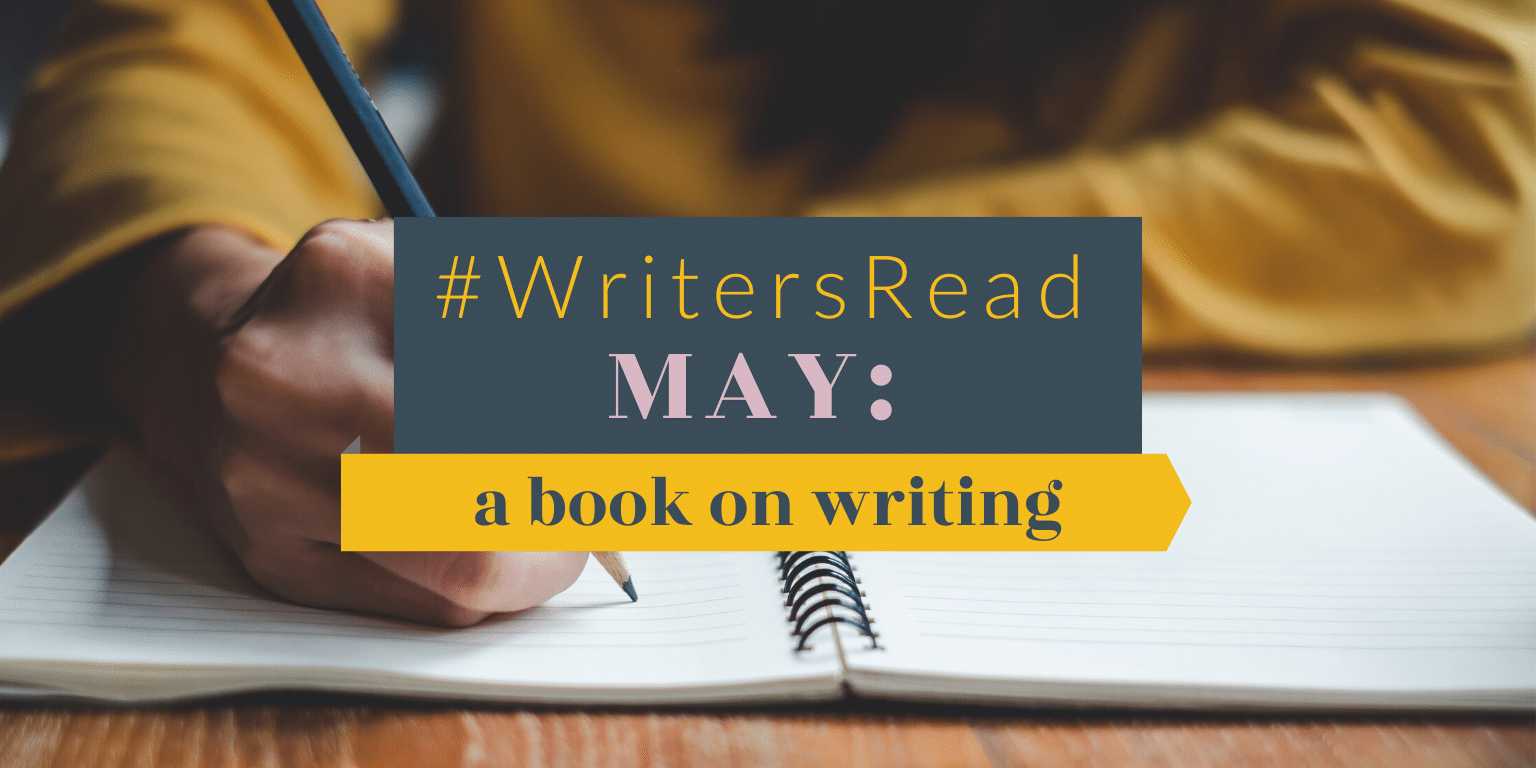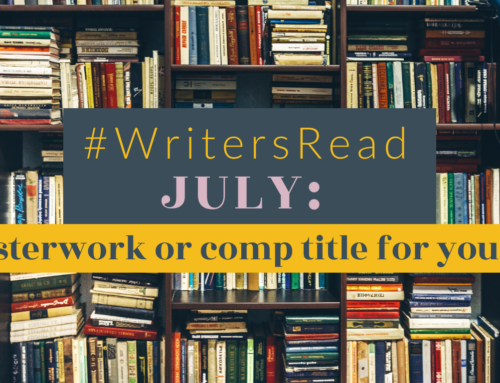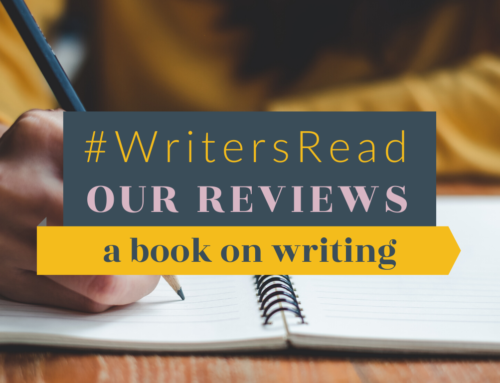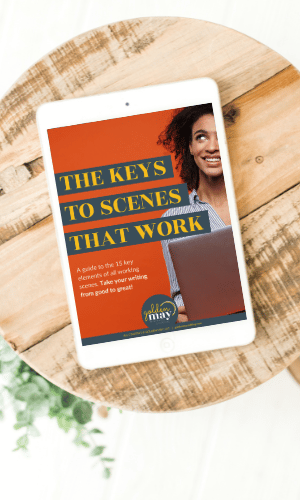So far in #WritersRead, we’ve been pursuing growth in our story craft through analyzing books outside our usual comfort zones. This month, we’re taking a deeper look at books on writing to learn from the experts themselves. While reading great books allows us to see how things are done well in the wild, reading books on craft forces us take an active step in our learning journey. Whether we read books on habits, story arcs, characters, structure, editing, or more, we will no doubt take away insights that make us better writers.
This month for Writers Read, we welcome our guest reviewer, Kristen Kieffer! Join us as we dig into some writing books to improve our creative lives and level up our craft.
Guest Note: Kristen Kieffer
 Kristen Kieffer is a fantasy fiction writer and the founder of Well-Storied.com, a website dedicated to helping writers craft sensational novels and build their best writing lives. Her website is frequently voted among the top sites for writers. When not putting pen to paper, Kristen can be found stargazing, wanderlusting, and playing with her rescue dog, Aggie.
Kristen Kieffer is a fantasy fiction writer and the founder of Well-Storied.com, a website dedicated to helping writers craft sensational novels and build their best writing lives. Her website is frequently voted among the top sites for writers. When not putting pen to paper, Kristen can be found stargazing, wanderlusting, and playing with her rescue dog, Aggie.
“You’re as good a writer as you work toward being.”
This is a mantra I share throughout my work as a creative writing instructor at Well-Storied.com, as well one I remind myself often as a novelist working to finish my debut. While talent may be a boon to creative endeavors, I believe that a simple determination to improve in one’s craft—regardless of internal and external obstacles—is what separates those who dream of being successful writers from those who are.
The good news is that developing your writing and storytelling skills is likely easier than you think. With every word you write, you become a better writer, just as you learn more about how to craft effective stories with every book you read. Yet the growth you experience in these moments is largely intuitive. Your subconscious examines the words you feed it, seeks out areas that need improvement, and determines how you might better tackle similar skills the next time you sit down to write.
If your mind can accomplish such development without your conscious awareness, imagine how quickly you could improve in your craft if you took an active role in your growth. If you intentionally sought the information and objectivity needed to level up your writing and storytelling skills…
For many writers, myself included, this is where writing craft books come into play. By actively consuming insights and advice from authors, editors, and industry professionals, you not only enable yourself to identify and improve in areas of weakness in your craft; you empower yourself to broaden your creative landscape, to become a more knowledgeable, imaginative, and well-rounded writer.
As a novelist currently slogging my way through a tough revision, I’ve chosen to read Tiffany Yates Martin’s Intuitive Editing: A Creative & Practical Guide to Revising Your Writing for this month’s book club theme, A Book on Writing. Featuring actionable advice from a long-time professional fiction editor, I have no doubt that Intuitive Editing will arm me with the tools I need to take my writing skills—and my manuscript—to the next level.
May #WritersRead Book Club Chat:
Thursday, May 28th @ 7pm EST
Join us on Twitter!
Reading Prompts for Book Club!
- What is something new you learned from your pick this month?
- How will you apply this book to your writing life?
- What was the point or message of the book you read?
- What was your favorite part of the book you read?
- What’s your biggest takeaway from this month’s read?
KRISTEN’s PICK:

RACHEL’s PICK:

EMILY’s PICK:








Thanks so much for having me, Rachel and Emily! I can’t wait to share my review of “Intuitive Editing” later this month. Now, back to reading!
Thanks for joining us! We’re thrilled to have you!
Word Painting: the Fine ARt of Writing Descriptively by Rebecca McClanahan- super helpful and inspiring with good examples that make me want to go read those works too!
I haven’t heard of this one! I’ll have to check it out!